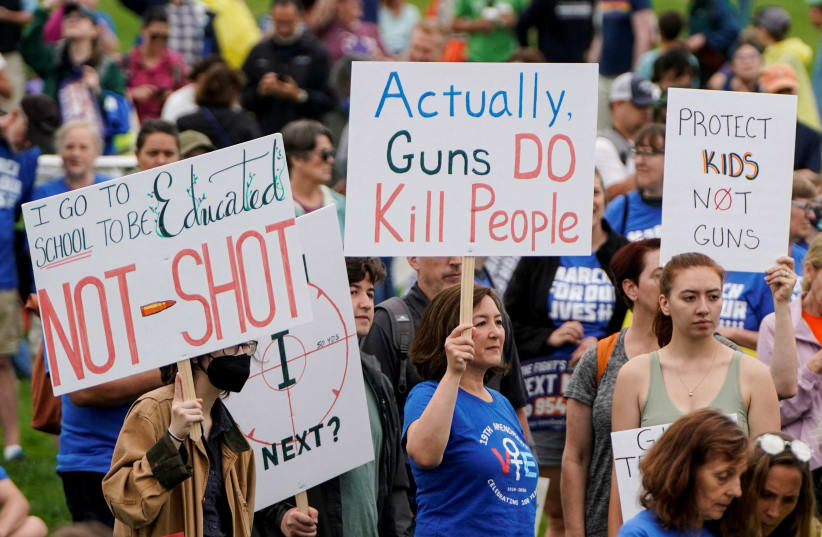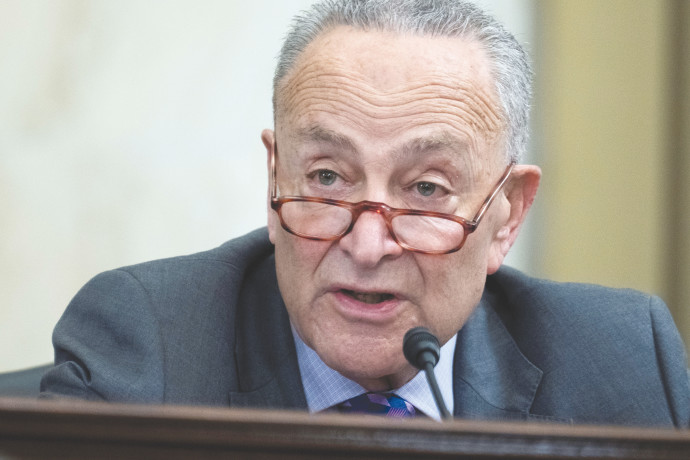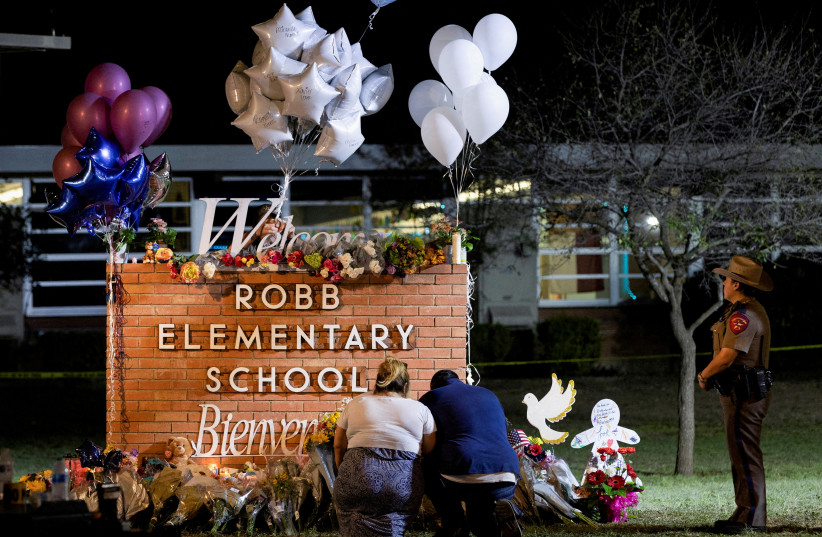A bipartisan group of US senators, including enough Republicans to overcome the chamber's "filibuster" rule, announced an agreement on a framework for potential gun safety legislation on Sunday.
The bill included support for state "red flag" laws, tougher background checks for firearms buyers under 21 and a crackdown on a practice called "straw purchases" but not other limits Democrats and President Joe Biden had advocated such as raising the age for buying semiautomatic rifles to 21 or new limits on assault-style rifles.
Ten Republicans signaled their support for the preliminary deal, indicating the measure potentially could advance to a vote on passage and overcome roadblocks by other Republicans who oppose most gun control measures.
Senate Majority Leader Chuck Schumer, a Democrat, issued a statement calling the plan "a good first step" and one that would "limit the ability of potential mass shooters to quickly obtain assault rifles by establishing an enhanced background check process for gun purchasers under age 21."
Schumer said that he wanted to move a bill quickly to a Senate vote once legislative details are worked out.
The United States has the highest rate of firearms deaths among the world's wealthy nations. But it is a country where many cherish gun rights and its Constitution's Second Amendment protects the right to "keep and bear arms."
"Our plan saves lives while also protecting the constitutional rights of law-abiding Americans," the group, led by Democrat Chris Murphy and Republican John Cornyn, said in a statement.
"Our plan saves lives while also protecting the constitutional rights of law-abiding Americans."
US bipartisan group
"We look forward to earning broad, bipartisan support and passing our commonsense proposal into law," they concluded.
Mass shootings
The talks followed a series of high-profile mass shootings in the United States, including one at a school in Uvalde, Texas, last month that killed 19 young children and one also in May in a Buffalo, New York, supermarket that killed 10 Black victims.
The agreement was announced a day after tens of thousands in Washington and at hundreds of other places across the United States rallied to demand that lawmakers pass legislation aimed at curbing gun violence.
Biden, a Democrat, on June 2 called for banning the sale of assault weapons and high-capacity magazines, or, if that were not possible, raising the minimum age to buy those weapons to 21 from 18. Biden also pressed for repealing the liability shield that protects gun manufacturers from being sued for violence perpetrated by people carrying their guns. Read full story
The National Rifle Association, an influential gun rights group closely aligned with Republicans, called Biden's proposals an infringement on the rights of law-abiding gun owners.
Republican opposition has been critical in thwarting Democratic-backed gun control proposals in Congress for decades.
The Senate is split, with 50 Democrats and 50 Republicans, and legislation must have 60 votes to overcome a maneuver known as the filibuster.


